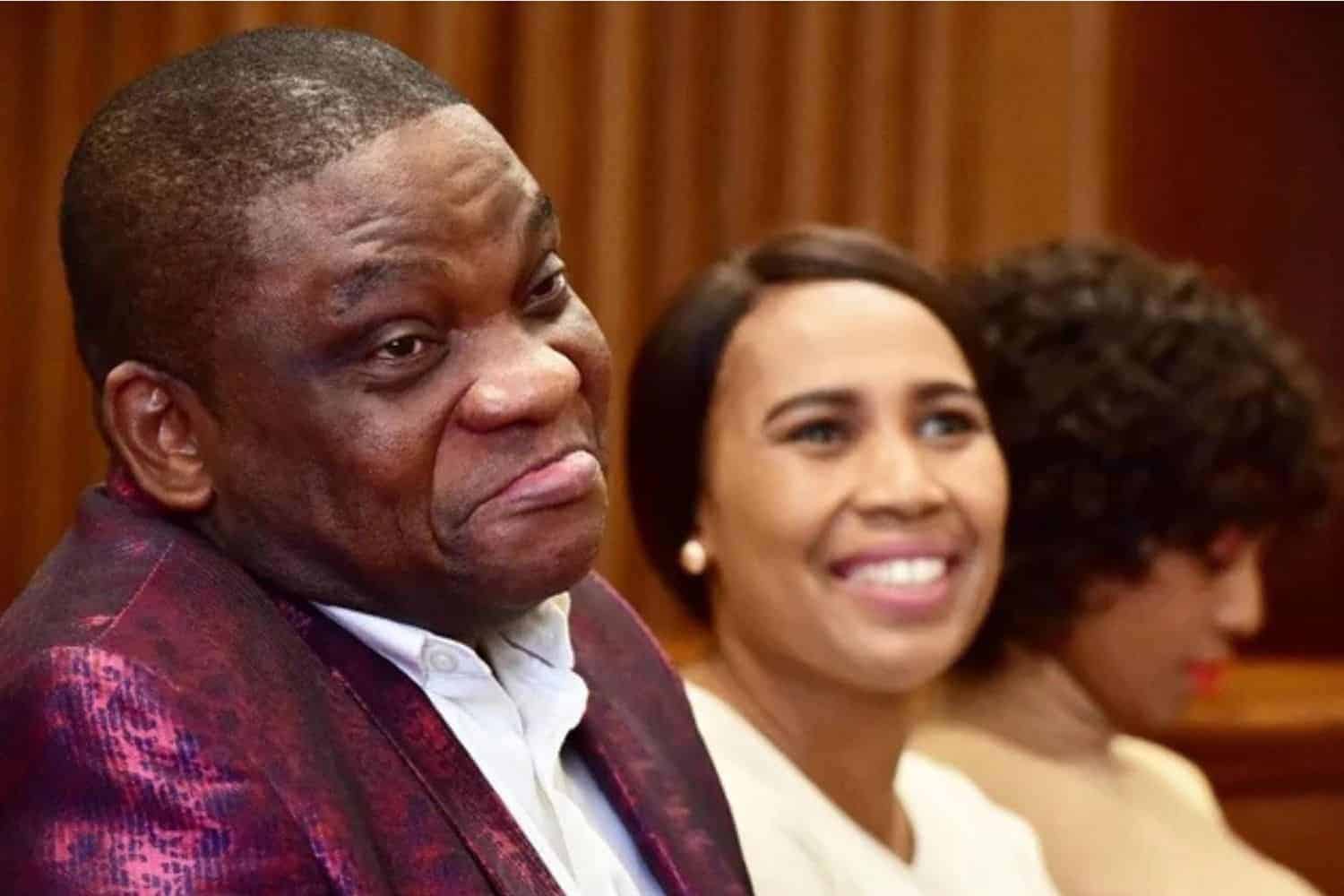In April, Omotoso and his two co-accused were acquitted on more than 30 charges ranging from rape and sexual assault to human trafficking.

The Eastern Cape High Court sitting in Gqeberha has reserved its judgment on the application by the National Prosecuting Authority (NPA) for leave to appeal the acquittal of 63-year-old televangelist Timothy Omotoso and his two co-accused, Lusanda Sulani and Zikiswa Sitho.
The matter was brought before the Eastern Cape High Court with the intention of taking the case to the Supreme Court of Appeal (SCA).
Questions
Judge Irma Schoeman, who presided over the trial, heard arguments from State Advocate Apla Bodlani for the reservation of questions of law in terms of Section 319 of the Criminal Procedure Act for consideration by the SCA.
The questions included whether the trial court employed the proper approach to be applied to the evaluation of evidence adduced in a criminal trial and whether the trial court was correct in rejecting the evidence of the complainants for lack of corroboration despite alleged evidence of corroboration for some of the complainants, according to the heads of argument.
“All that this Court has to decide is whether the questions sought to be reserved by the State are questions of law. Whether any of the questions sought to be reserved possess reasonable prospects of success does not constitute part of the enquiry before this Court, argued Bodlani.
The application stems from the judgment in April.
ALSO READ: NPA to decide on legal path after Timothy Omotoso walks free
Eight-year battle
After an eight-year legal battle, Omotoso, with his alleged recruiters, Sitho and Sulani, were found not guilty of 32 counts of rape and human trafficking, citing procedural failures in the State’s case.
Omotoso, who is the leader of the Jesus Dominion International Church, and his co-accused faced 63 charges ranging from rape and trafficking in persons for sexual purposes to sexual assault and racketeering.
The three eventually faced only 32 charges after Schoeman dismissed more than 30 of them.
Collapse
Schoeman ruled that former prosecutors acted improperly and failed to cross-examine the accused adequately on technical issues, leading to the case collapsing.
In her ruling, Schoeman outlined the State’s case, saying it was alleged that Omotoso summoned the complainants to his bedroom, where he sexually assaulted them.
Schoeman later noted that if the accused’s testimony is not effectively challenged during cross-examination, it is deemed accurate.
“Generally, the failure of the prosecutor to cross-examine an accused may be decisive and an acquittal will likely result,” the judge said.
Criticism
She criticised the State’s cross-examination of the accused, describing it as “poor quality”.
“It had the effect that the accused’s evidence was not placed in dispute at all and therefore, it did not necessitate the calling of corroborative witnesses, if any, who might have bolstered their defence,” Schoeman explained.
Erred in law
In an affidavit included in the State’s heads of argument, Deputy Director of Public Prosecutions in the Eastern Cape, Joel Cesar, contends that Schoeman erred in law when she found Omotoso and his co-accused not guilty of all 32 charges the State had indicted them on.
Cesar argued that there are reasonable prospects of another court finding differently from the 02 April 2025 ruling, which focused more on how the trial was allegedly unfairly conducted and on the alleged insufficient cross-examination of the accused than on the evidence of witnesses led by the State.
ALSO READ: Omotoso ‘not a fugitive from justice’, NPA says as Nigerian pastor leaves SA
Leave to appeal
Omoto’s lawyer, Peter Dauberman, argued that the State lacks sufficient grounds to apply for leave to appeal to a higher court.
He argued that even if Schoeman may have erred in her judgment, it would not have affected the outcome.
“The alleged error, even if established, could not have affected the outcome and is therefore academic.
“Moreover, an incorrect finding regarding the presence or absence of corroboration would in any event constitute a factual, not a legal, error. Whether corroboration exists in a particular case is a question of fact based on the court’s assessment of the evidence,” Dauberman argued.
Factual disagreement
Dauberman argued that the State’s application for leave to appeal is predicated on six proposed questions of law.
“In every instance, the State’s complaint amounts to either a factual disagreement with the trial court’s evaluation of the evidence, a mischaracterisation of the judgment, or an attempt to repackage factual disputes as legal errors.
“In the present matter, neither requirement is satisfied. The judgment of Schoeman J discloses no misdirection on law, and even if an error were hypothetically assumed, there is no reasonable prospect that a conviction could have followed,” Dauberman argued.
Dauberman argued that the State failed to identify any genuine question of law arising from the trial proceedings, nor has it shown that any alleged error, even if established, could have had a material bearing on the verdict.
Obstacles
Since the arrest of the trio in April 2017, their trial had been protracted with numerous obstacles, including interlocutory applications by the accused that even included Constitutional Court challenges.
These applications included five special entries for a mistrial and an application made on 16 January 2024, in which the defence sought the judge’s reconsideration of her previous judgment on the discharge application under Section 174 of the Criminal Procedure Act.
Applications
National Prosecuting Authority (NPA) spokesperson Luxolo Tyali said the State successfully opposed these applications, with the same judge ruling in its favour.
“The delays caused some witnesses to no longer want to proceed with giving evidence, as they indicated they have since moved on with their lives and are not interested in reliving their experiences in court.”
That led to the reduction of the charges from 63.
“Despite these challenges, the prosecution remained steadfast and presented credible evidence from the victims, investigators, and psychological experts,” Tiyali said.
“The NPA remains resolute in pursuing justice for the victims of crime and will go to all lengths to give a voice to the victims by exploring all the possible avenues, including taking the matter to a higher court if Judge Schoeman does not rule in its favour.”
Nigeria
Since he walked free, Omotoso departed South Africa for Nigeria following the Home Affairs decision rejecting an application to overturn a declaration naming him a prohibited person under Section 8(7) of the Immigration Act.
ALSO READ: WATCH: Kubayi demands answers after ‘heartbreaking’ Omotoso acquittal






